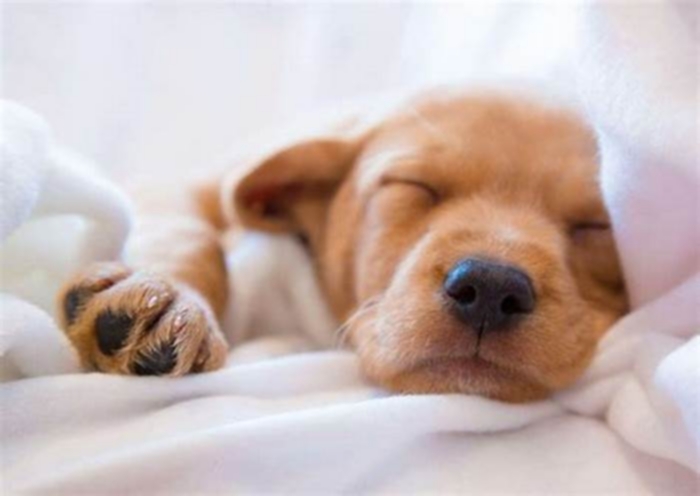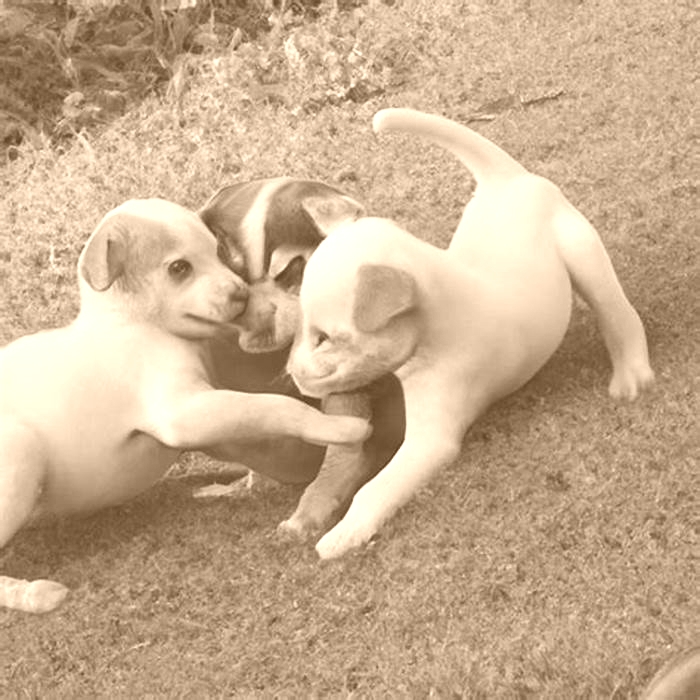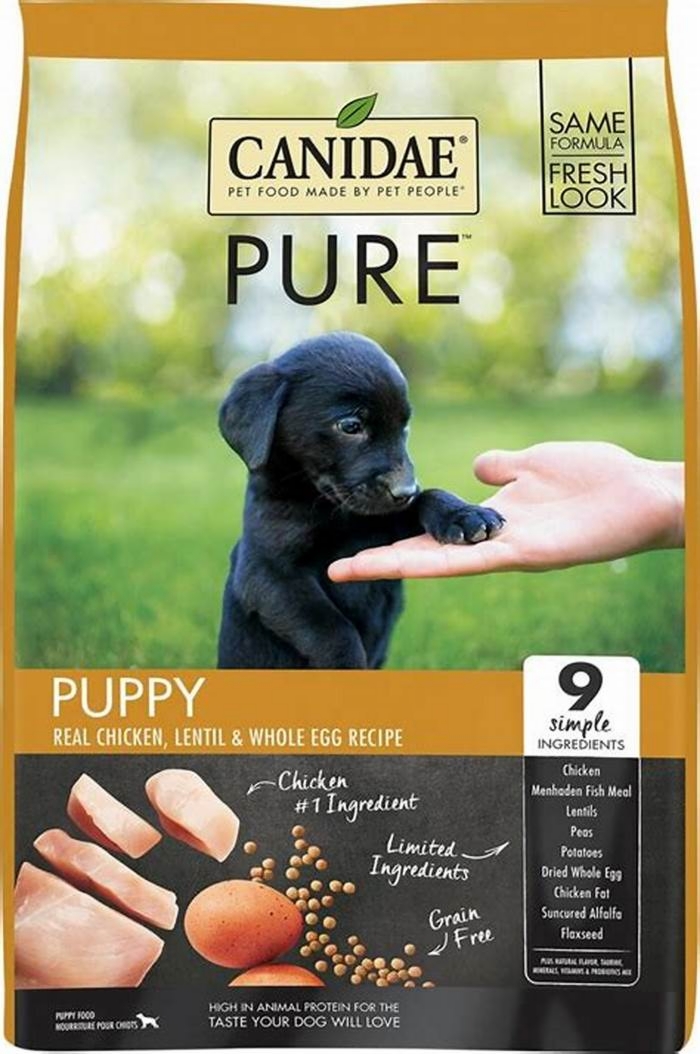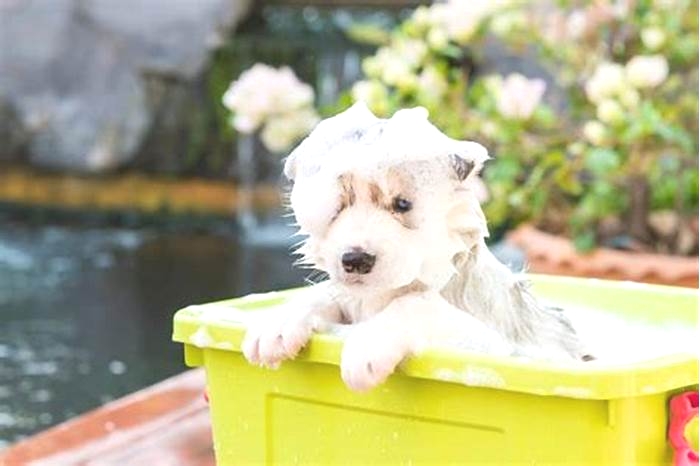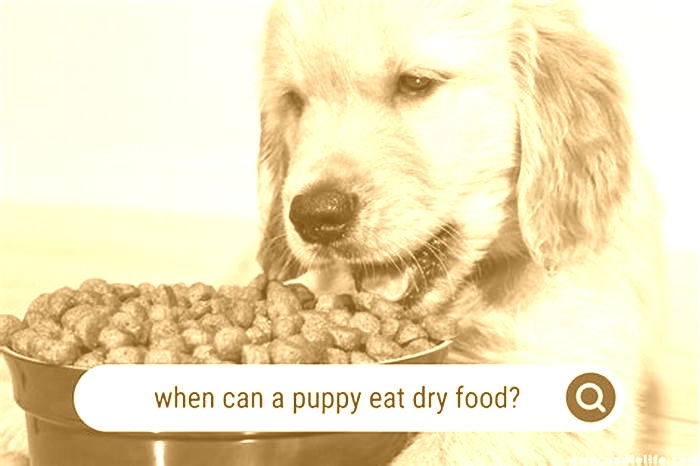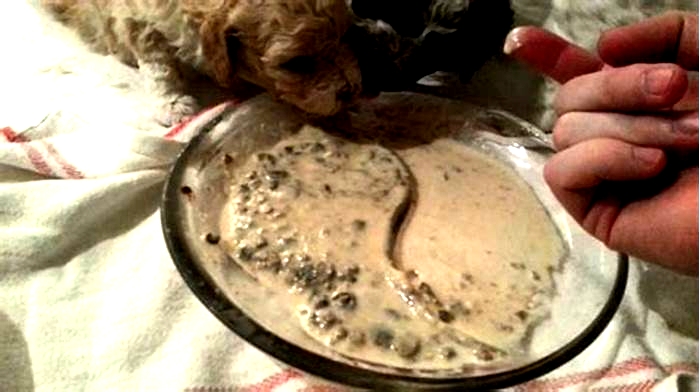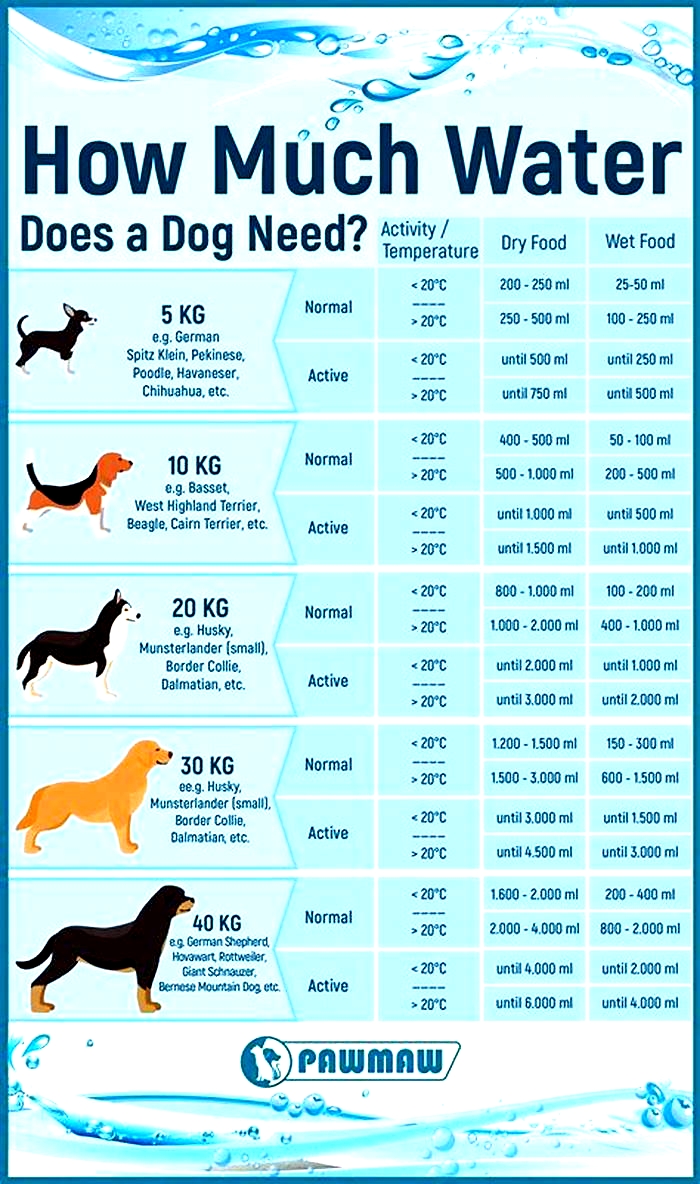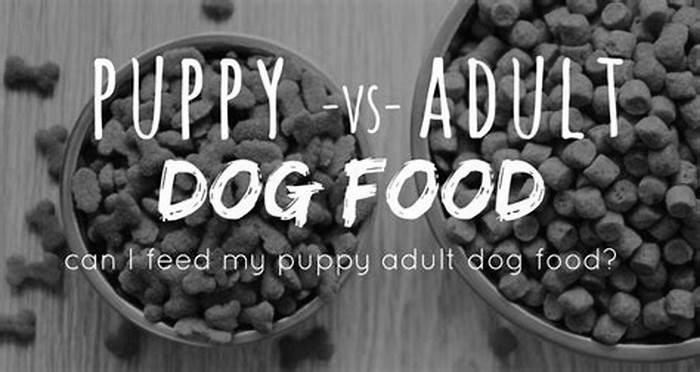Should puppies sleep in the dark
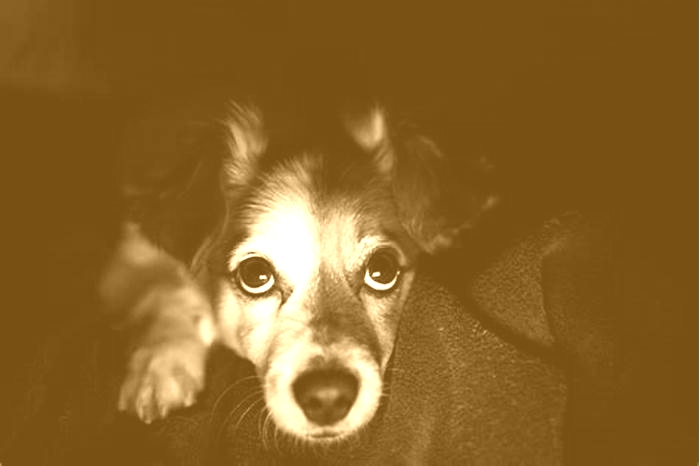
Should Puppies Sleep in the Dark? Vet-Approved Facts & FAQ
The information is current and up-to-date in accordance with the latest veterinarian research.
Learn morePups require lots of sleep to grow. Without it, they wont be able to develop properly. They need a safe, cushy, and cozy bed where they can catch some Zs and gather much-needed strength.
But should a pup sleep in the dark? The answer is yes: a dog that sleeps in the dark or in dim light sleeps better and stays healthier.
Besides, when its dark outside, that gives the pets brain a signal, and the body starts to produce melatonin. However, puppies can (and often do) sleep during the day. So, how do you train them to snooze off on time? Lets find out!

Puppy Age Breakdown
As PetMD puts it, a dog is a pup until the moment they reach sexual maturity and they are ready to mate.1 The exact time when that happens varies depending on the breed. On average, dogs hit puberty approximately when they turn 6 months old. After that, theyre considered juniors; at 12 months, your furry buddy becomes an adult. Often, dogs might be called pups until theyre around 1 year old.
The smaller the dog, the sooner they will be able to reproduce; if they are a large boy/girl, they will stay a puppy a bit longer.
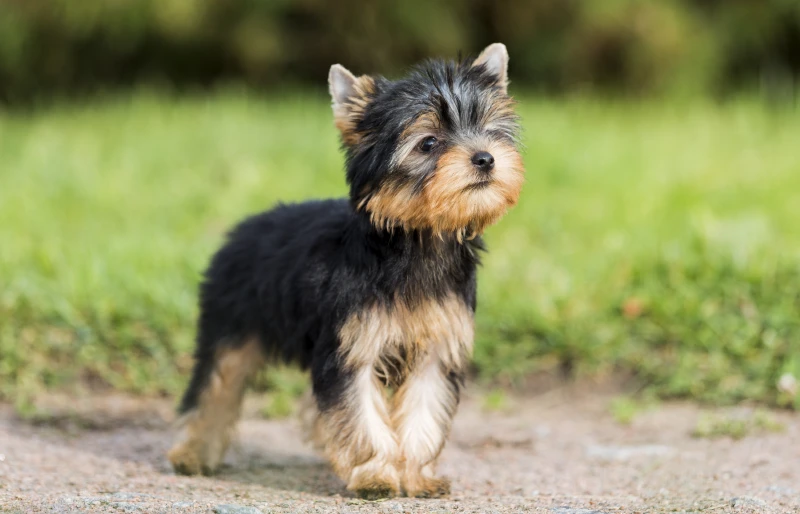
Do Pups Need to Go to Bed in the Dark?
Just like most animals, puppies tend to fall asleep when it gets dark. This has to do with their circadian rhythms: cycles that serve as an inner clock. They control the sleep/wake cycle and launch various processes in the body throughout the day. Dogs follow a diurnal circadian rhythm. Without this rhythm, the dog will have a hard time knowing when they should go to sleep.
This doesnt mean you wont catch your pup napping in broad daylight. Canines need a lot more time to sleep than we do (well get to that in a moment), and thats why its common for them to fall into the dreamland during the day. Its mostly light sleep, though: the deep sleep cycles kick in when its pitch-black outside.
Will My Puppy Rest Through the Whole Night?
At first, the answer is no, and, as a pet parent, you have to be aware of this. The thing ispups rarely sleep through the night without waking up for bathroom breaks. On average, they wake up to relieve themselves 23 times during the night. And youll probably hear the pup calling you when they need to do a number one or two.
But this wont last forever. With potty training, the pup should be able to get a good nights sleep without any interruptions in 68 months or even sooner. To put things into perspective, a 5 or 6-month pup wont have a problem sleeping through the night. However, a 2-month doggo will wake up every 23 hours or so.
Should I Leave a Nightlight On?
Animal bodies increase melatonin secretion during the night hours, and in this regard, puppies are just like humans. So, the darker the room, the easier it will probably be for the dog to fall asleep. But dogs cant see in complete darkness, and sometimes, puppies may refuse to enter a dark room. In that case, leave the nightlight on.

What About Adult Dogs?
Just like us, the sleeping habits change once puppies turn into juniors, adults, and senior dogs. Older dogs sleep much more during the day and night and have shorter but more frequent sleep bouts during the day. So they benefit greatly from dozing off when the sun sets and it gets dark outside. Besides, by the time puppies grow into adults, their bodies will have already developed adequate sleeping habits.
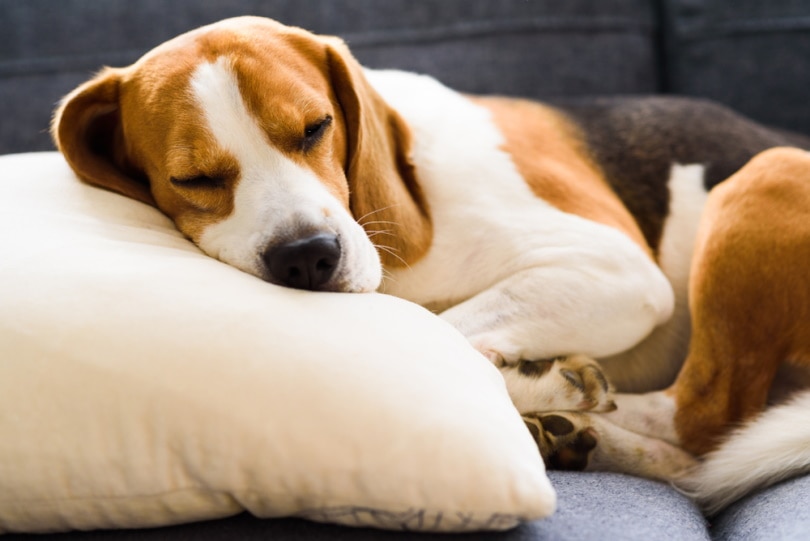
How Much Sleep Do Puppies Need?
Pups tend to be hyperactive: they want your full attention, and, at times, it may seem like they can go on 24/7. However, newborns only spend 10% of the day with their eyes open! Thats right: pups that havent reached 8 weeks of age yet will be sleeping for most of the day, around 2022 hours every day. Once they approach the 16-week range, expect them to snooze away for 12 to 14 hours.
After that, the sleeping time might be reduced to approximately 12 hours, but there will be plenty of extra resting periods during the day. Older doggos will spend more time sleeping than adult dogs. If we compared that to how much time adult humans spend in bed (78 hours), thats almost twice as much. So, dont be worried if your furry friend sleeps for 90% of the daythats totally normal!
Sleep Deprivation: The Biggest Downsides
When puppies sleep, their bodies use that time to grow. The central nervous system, muscles, bones, and organs mostly develop when the pup is getting some shut-eye. Sleep may also contribute to a dogs memory consolidation. The consequences of sleep deprivation are severe. The immune system becomes weaker and fails to protect the pup from infections and parasites. Mentally, the pet will become more anxious and restless and may even develop destructive habits.
Tips for Training a Pup to Sleep on Schedule
If youve ever tried to make a pup sleep on command, you already know that its no small task. But there are certain things you can do to help the tiny pet doze off on time. Start by exhausting the pup. Once they run out of breath, the body will automatically shut down and go to sleep. So, if you play with them in the evening after work, chances are that they will go to bed roughly around the same time you do!
Puzzles and toys will keep them occupied while youre away, but one-on-one playtime is still very important. That said, new experiences could excite the pup to the extent that they wont be able to sleep for an extra hour or so. Also, dont forget about hydration and food. Ideally, the pet should drink some water and have a meal at least 23 hours before falling asleep. This way, they will have plenty of time to use the bathroom.
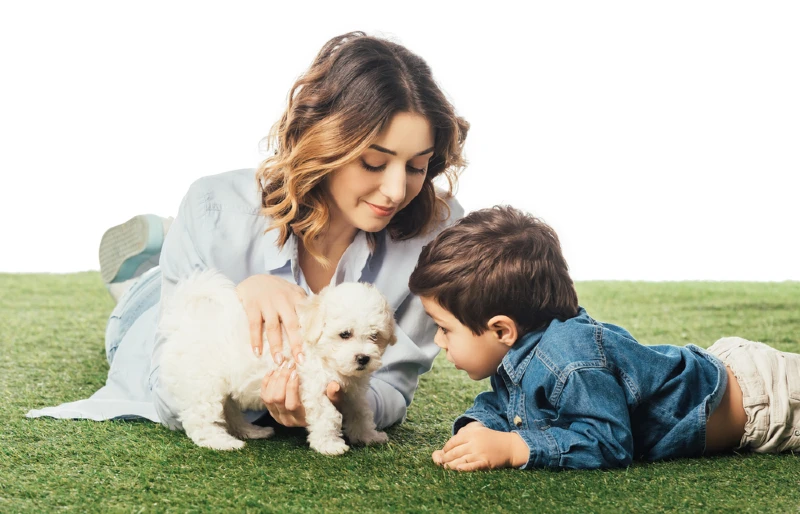
Ideal Sleeping Conditions for a Pup: A Quick Guide
If you want your puppy to get their fair share of beauty sleep, make sure the room is not only dark but also silent. Sudden noises will interrupt its sleep and make it difficult to get back into the deep phase. You dont necessarily have to turn off every gadget when the pup falls asleep, though. Instead, try lowering the volume and brightness level. To battle the morning sun, invest in blackout drapes.
As for the crate, cushy, cozy, and spacious is what you should aim for. At first, the pup might not like their bed or crate very much. But if you implement sleep training and be patient with it, that will change quickly.

Summing Up
Puppies are amazing: theyre sweet, affectionate, and can make our hearts melt ten times a day. Plus, they grow really fast. From puppyhood to seniorhood, its up to us to take care of them. A pup is a tiny, vulnerable baby. So, feed them the best food, create the perfect sleeping conditions for the pet, and invest time in potty training.
Now, while most dog breeds prefer to hit the sack when its dark outside, they can also fall asleep during the day. Still, if you want your furry family members to get enough rest and grow into healthy canine citizens, make sure their room is pitch black when they sleep!
Featured Image Credit: Daniel Besic, Shutterstock
Do Dogs Like To Sleep In The Dark: Sleep FAQ Guide
Will your dog sleep better in the dark? what would happen if they sleep with a light on?
Ive been wondering the same thing. So after hours of pup-science research, I found out the answer.
This article covers everything about how dogs sleep and how darkness affects their sleep. Lets see how dogs like to sleep and the effect that darkness has on them.
While darkness is not technically necessary for dogs to sleep, they do have a much better quality of sleep in a dark room, just as we do. Dogs are generally comfortable in the dark.
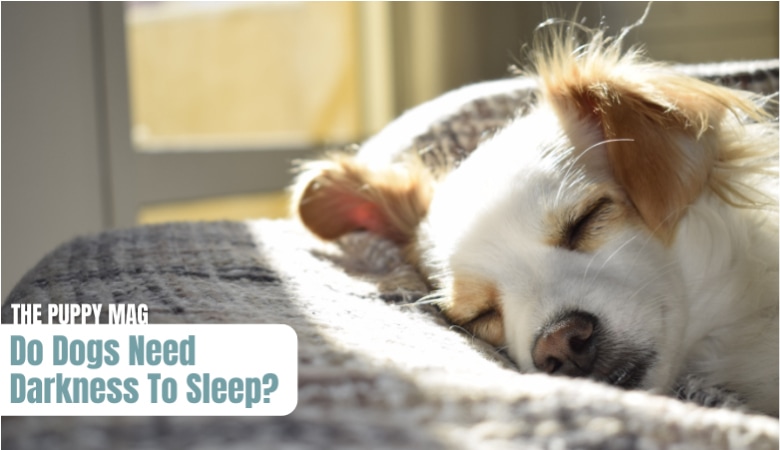
Do Dogs Like Sleeping In the Dark?
Most dogs are perfectly comfortable sleeping the dark. Being in the dark allows them to relax and intake less stimuli from their nearby environment.
Whether or not they actually like it, will remain with them until we figure out how to speak dog!
Some dogs (usually puppies) can be a little afraid of the dark, and their nerves increase when bedtime comes around.
This rarely affects adults dogs unless theyve experienced some trauma related to the dark. This mostly happens with puppies, which is more about being in a new enviroment without their mother and siblings, rather than not being able to see.
Do They Sleep Better in The Dark?
A great point has been raised, which is that dogs come from wolves, and wolves are nocturnal animals. So does that mean dogs would be better off sleeping during the day too?
While its a valid point, dogs have since come away from their wolf heritage and have been accustomed to the human schedule for thousands of years. This suggests that dogs do in fact now sleep better at night time when its dark. Here are some reasons to support this:
- There is less noise and stimuli at night time when its dark, meaning their brain can relax and their sleep will be deeper and typically longer. This is the same for us.
- Darkness and lack of light often produce a response that is calming and relaxing. It generally signals to the brain that its time to rest.
- Despite sleeping for many hours of the entire day, most of them will be at night. By spending a lot more time being awake, active, and expelling energy throughout the daytime, being asleep during the night time when its quiet and dark will be significantly easier
- Our dogs are usually in sync with us and our schedules, by now your dog will know that when its dark, we go to sleep, and they will naturally do the same.
With that being said, it is typical to see our dogs completely flat out on the floor midday, with their paws and face twitching, barking, growling, or even wagging their tails! Its still possible theyre having a great sleep even when its not dark.
Psst. A quick update on puppy training! Brain Training For Dogs is so far one of the best training regimes weve seen for puppies. It works with any breed and improves obedience and behavior quicker than we thought possible. Its a must for any new puppy owner. Okay, back to the article!
Should Puppies Sleep In The Dark?
Puppies are small and vulnerable, we always try to be careful with them and ensure they are feeling happy and safe, so when we go to sleep, will they get scared if we turn the light off? like the kids?
The first thing you can do is ask your breeder, they will be able to tell you the sleeping arrangements before you got your puppy home.
Remember that puppies will take time to adjust to the new environment and its natural for them to show some level of separation anxiety. So try to replicate how the breeder would have had the puppies sleep (minus the siblings and the mother!). You can try to create a similar environment. If the breeder kept the light on, you can do that too.
Theres not really a right or wrong answer and it depends on your puppy. Try having them sleep with a light on and then with it off. Whatever works best, is what you should do until they grow older.
If you move the puppy crate into your bedroom and place one of your old used t-shirts inside their crate. This may provide them enough comfort and security, that they are happy to sleep with the light off. Its worth a try!
Related: Puppy sleeps a lot & wont eat
Do Dogs Need Light at Night?
Dogs can see a lot better than we can in the dark, so any light coming in from outside will usually be enough for your dog to see and navigate to their water bowl should they want a drink.
Still, if it is pitch black, then a dog will not be able to see, just like us.
So, unless your dog has known eye sight problems or is very anxious in the dark, then theres no need to leave a light on for them.
Why Dogs Get Scared In The Dark:
Its a question that many dog owners often wonder about, and its also what triggers us to feel guilty if our dog doesnt have a light on. Are dogs afraid of the dark? its certainly common with humans, so is it possible for our fluffy friends too?So can dogs actually be scared of the dark? Well it certainly can appear that they are, but this fear can usually be explained quite easily
1) Separation Anxiety
A lot of dogs suffer from separation anxiety, especially Huskies! This happens when their owner leaves them, and sometimes the anxiety can happen instantly, or gradually over the course of hours.
It just so happens that when its dark, it usually means we are going to bed and leaving our dogs downstairs or in a different part of the house. It can also mean we are leaving the house for the evening or night.
Due to this, dogs will often link darkness to being left alone, which can trigger separation anxiety, which may result in them crying, howling, and becoming nervous.
So technically, its not because of the darkness itself, its because they associate the dark with being left alone (usually).
2) Lack of vision
As it happens, dogs have a much better vision than us when its dark. The back of the eyes in your dog is structured differently from ours, and they are designed to let more light into the retina in low-light situations.
So, while you may think its pretty dark, if its not completely pitch black, your dog will be able to see a lot more than you think.
However, in pitch black situations, their vision is like ours, next to nothing. So in times like this, your dog could become anxious due to not being able to see. Being scared of the unknown is a natural feeling and we can certainly relate to that. Our dogs too!
Without vision, dogs feel less able to protect themselves and will naturally feel more vulnerable. If they cant see, they will feel at higher risk of external threats, and while we arent often worried about this, our dogs are much closer to their survival instincts than we are.
Other signs that your dog is afraid of the dark
So how do I know if my dog is actually afraid of the dark?
The two points I mentioned above can explain a lot and most of the time, its down to those reasons. However, there are certain behaviors you can look for which will suggest that your dog is afraid of the dark, at any moment.
- When the lights dim down, or you turn off a light in another room, your dog comes to you or to where there is more light.
- When you are walking your dog in the evening and approach a darker road or alley, your dog will be hesitant to go there or theyll try to turn back. They could even completely stop and wait for you to go in front.
- In areas of darkness, your dog has its tail between there legs with their ears back.
- You find your dog hiding in random parts of the room if the light is turned off. This indicates they are trying to seek protection to feel more secure.
Should You Leave Your Dog in The Dark?
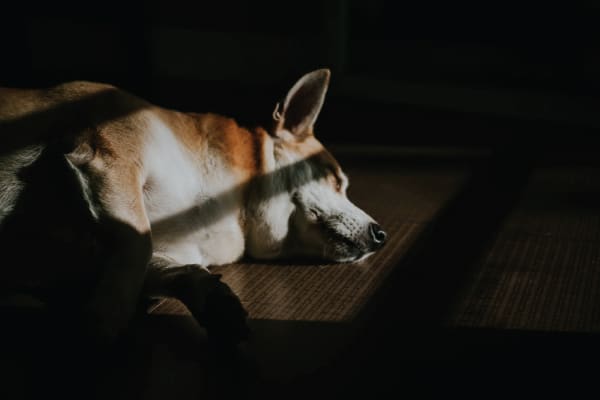

Perhaps your dog isnt particularly afraid of the dark, but does that mean you can leave them in the dark at night or when you leave the house?
This depends on your dog, and what they seem to be comfortable with. You should carefully observe your dog around the times you go to bed or leave the house, watch their behavior and see if they are acting relaxed or anxious.
Unless you watch your dog closely, you may assume theyre ok in the dark, when actually theyre demonstrating discreet behavior which says otherwise. Body language will be your best friend when the lights go down or off.
If your dog gives a negative response to darkness, it would be best to leave at least a dim light on. Of course, always think of safety first, make sure this will not be a fire hazard, and never leave a lamp or light in the reach of your dog.
If your dog is afraid of the dark, leaving a light on will help in some ways, and this is better than none! At least they have their vision and wont feel completely isolated.
Understanding Separation Anxiety
Separation anxiety is really common in dogs and it can be extremely stressful for them, even to the point of causing depression.
This is a serious condition that you will need to address, and being left alone at night time could be one of the triggers.
As it gets dark in the evening or nighttime, your dog will know that this means you will be going to bed, and they start to become more anxious or nervous as the hours pass.
If your dog whines or cries when you leave them to go to sleep, dont assume this is because its dark, it could be because theyre dealing with separation anxiety. This is quite hard to overcome and is typically caused when dogs are left alone too much and too often.
Ways to Help Your Anxious Dog at Night
If your dog is anxious at night time or when you turn the lights off here are a few things you can do to make them feel more at ease.
1) Separation Training
Your dogs ability to remain calm and feel secure when they are alone is undervalued. Separation training is a great place to start if your dog suffers from this kind of anxiety.
During the daytime, preferably when your dog is already in a calm moment, leave the room and shut the door, go to another room and wait a few minutes before returning to the room. Do this multiple times per day, eventually increasing the time you are gone. Keep doing this until you work up to 1 hour gone. This may take 4 or 5 weeks.Why does this work? This works because you are very gradually building your dogs confidence when theyre alone, without leaving them too much each time.
2) Exercise In The Evening
Different breeds require different amounts of exercise, but its a good idea to make their daily physical activity in the evening, this will at least burn some extra energy nearer to bedtime.
It will certainly help your dog sleep if theyre physically tired, this will in most cases push past a lot of the nerves, and theyll fall asleep even if they typically get anxious around bedtime.
3) Give Them a Comforter
This works wonders, but I dont mean to give your dog one of their normal teddy toys
In this case, its something from you, an old jumper or t-shirt that youve been wearing, and have not washed. This will keep the smell of you next to them at all times. This has been shown to significantly reduce the nerves of anxious puppies and dogs in many different test experiments.
So next time you go to bed, sacrifice one of your old unwashed t-shirts and tuck it up next to where your dog is laying. Make sure its not a valuable t-shirt, in case they decide to chew it!
The video below will likely help you. I really recommend watching this, its a little long, but very informative.
Can Dogs See in Total Darkness?
Its estimated that dogs can see up to 5 times better than we can in the dark. But what about complete darkness? well, no. Dogs will not be able to see if its pitch black, with absolutely no light source.
If there is a light source from somewhere, its likely they will be able to see to some extent.
Not only are dogs pupils bigger than ours, which means their eyes let in more light, they also have more light-sensitive cells, called rods. These rods work extremely well in low-light situations.
Dogs also have their lens located closer to their retina, which results in the image being brighter on the retina. This enables their vision to remain bright and clear even when its low light.
Summary
So now you know all about dogs and the dark. Hopefully, this helps you, help your fluffy friend at night. Remember that it all comes down to your dog, and all dogs are different. It starts with careful observation of your dogs behavior as night time approaches. Some dogs will make it obvious theyre getting nervous, and for others, it may be more tricky to identify. It is ok to leave a dim night light on if it helps your dog. Just always remember safety and the potential for electrical or fire hazards.
Other Resources:Veterinary-PracticeHow Well Do Dogs See At Night? ScienceDaily

